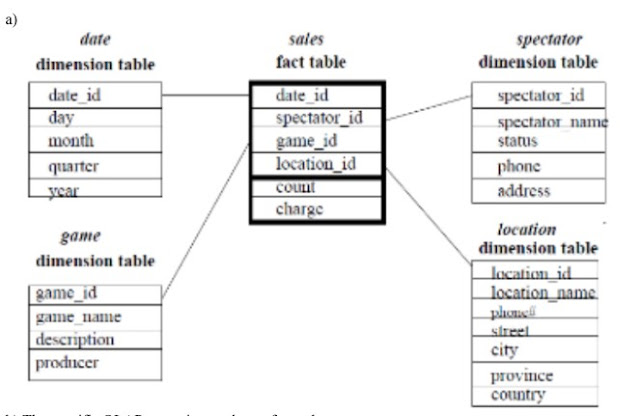Security Architecture The security architecture of E-governance is a high-level document that sets the security goals of the e-governance project and describes the procedure that needs to be followed by all the e-governance hierarchies such as users, businesses, operators, etc. An appropriate legal framework is absolutely essential for the systematic and sustained growth of e-governance. Protection of Public Order and Decency The internet is highly capable of being a saturated and versatile medium at the same time. Its reach is very vast and due to its multimedia capability, its impact can be immediate and profound. So the government has to beware of its potential to create a negative impact on society through the promotion of terrorism, pornography, communalism, violence, etc. Section 67 of the IT Act 2000 of India makes it a punishable offense to “publish or transmit or cause to be published it the electronic form, a material which is lascivious or appeals to the prurient ...
.png)



Comments
Post a Comment